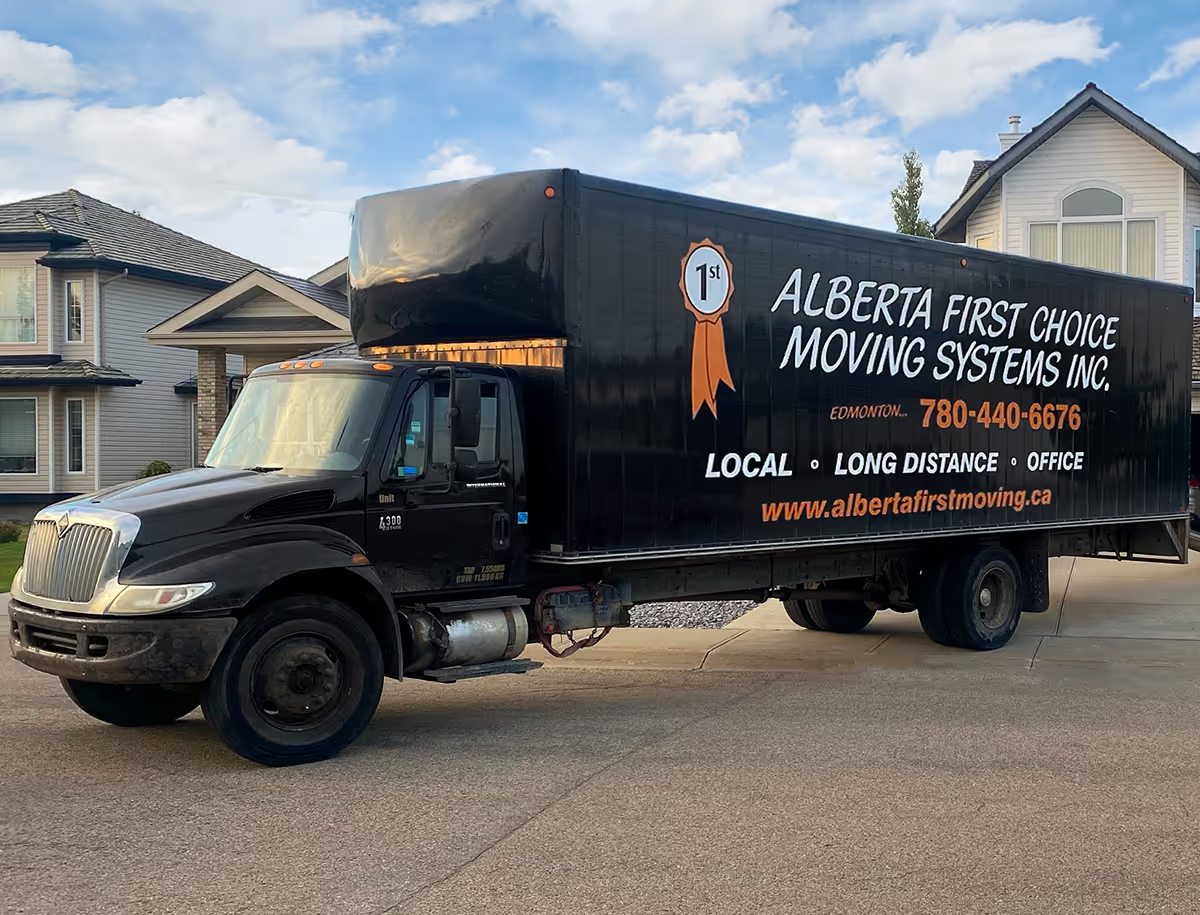
Moving to a new home is exciting, but let’s be real: it’s also a ton of work. Most people feel stressed because they don't know where to start. We created this simple checklist to help you stay organized. Whether you are moving from Edmonton to Calgary or moving north to Fort McMurray, this guide will keep you on track.
Don’t pay a moving company to haul things you don't even want.
You don’t want to be halfway through a kitchen cupboard and run out of tape.
Don't pack your birth certificate in a random box. If the moving truck is delayed, you'll need these items on hand. Put these in a folder and keep them in your personal car:
This is where things get busy. Focus on these tasks:
Before you hand over the keys, do one last lap of the house.
Not all moving companies are the same. Some might surprise you with hidden fees for things like stairs or fuel. When you are looking for help, make sure you compare moving quotes carefully. You should also check out our guide on how early to start planning to make sure you aren't rushing.
Need a hand?
Alberta First Choice Movers is ready to help. We know the province and we know how to make your move easy.
Focus on things you haven't touched in a year. Old clothes, broken electronics, and heavy furniture that won't fit in the new place are great places to start.
Try to book at least 4 weeks in advance. If you are moving in the busy summer months, 8 weeks is even better.
Keep them in a plastic folder in your own car. Never put them in the moving truck.
you need to ensure all estimates are based on the same information, verify what's included in each quote, and watch for hidden fees like fuel surcharges or stair charges. For a detailed breakdown of what to look for when comparing moving company quotes, including how to handle different pricing structures and avoid common pitfalls, check out our comprehensive guide.
During the final walk-through, check all rooms, closets, and storage areas for any forgotten items. Ensure all lights are turned off, windows are closed, and doors are locked before leaving.
Contact utility providers ahead of your move to schedule disconnection at your old home and connection at your new one. This includes electricity, gas, water, internet, and cable services.
Update your address with the postal service, bank, insurance, employer, and subscriptions. Don't forget to inform friends and family of your new address as well.